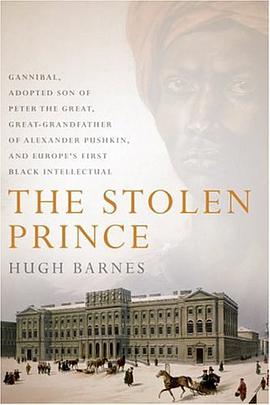

具体描述
In the spring of 1703, a young African boy stepped off a slave ship in Constantinople, the gateway between East and West. Huddling in chains, with other frightened captives, the seven-year-old claimed to be a prince of Abyssinia, a "noble Moor" kidnapped and stolen out of Africa. His tragedy was shared by millions of black people caught up in the Islamic slave trade, but his destiny was unique: rescued by Peter the Great, the young African became Abram Petrovich Gannibal. Russia's westernizing tsar adopted the child and, in a bizarre nature-and-nurture experiment, lavished on him the best education available in the new "European" capital of Saint Petersburg. Gannibal, the "Negro of Peter the Great," soared to dizzying heights as a soldier, diplomat, mathematician and spy. He was fêted in glittering salons, from the Winter Palace to the Louvre, and came to know Voltaire and Montesquieu, who praised him as the "dark star of Russia's enlightenment." At the same time, his military exploits, from northern Spain to the icy wastes of Siberia -- to say nothing of his marital problems -- sealed Gannibal's reputation as the Russian Othello. African prince or not, the ex-slave founded a dynasty of his own in Russia, where he came to embody the strengths and weaknesses of the country itself -- volatile, courageous, handsome, gifted and always astonishing. His descendants included not only Alexander Pushkin, Russia's greatest poet, but also, in England, several Mountbattens and others close to the royal family.
作者简介
目录信息
读后感
评分
评分
评分
评分
用户评价
相关图书
本站所有内容均为互联网搜索引擎提供的公开搜索信息,本站不存储任何数据与内容,任何内容与数据均与本站无关,如有需要请联系相关搜索引擎包括但不限于百度,google,bing,sogou 等
© 2026 book.wenda123.org All Rights Reserved. 图书目录大全 版权所有




















